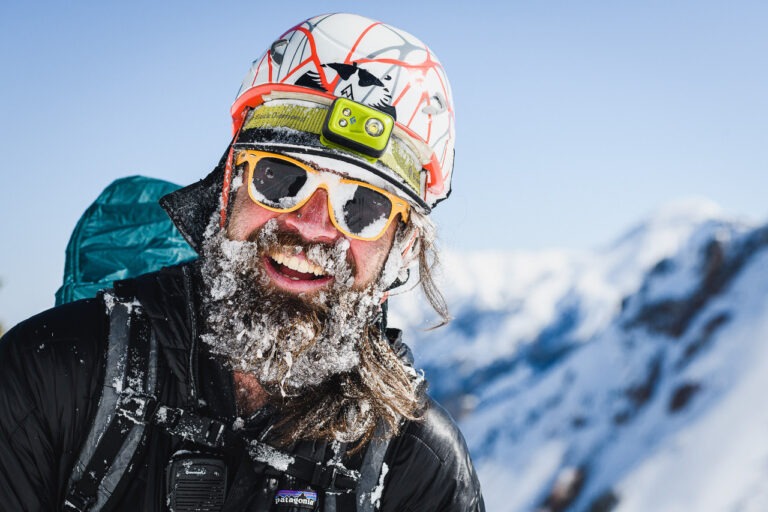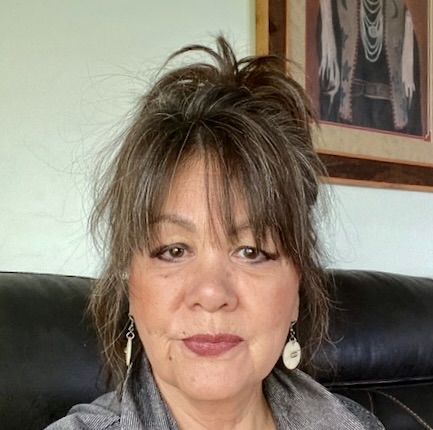We have partnered with NOVA and GBH to bring to you the upcoming digital series, Legacy of the Land. This series parallels the 3-part NOVA special presentation, Sea Change: The Gulf of Maine. Legacy of the Land is a 6-part series that highlights Indigenous climate change stories from Native communities across the United States. The stories give insights into Indigenous knowledge and science from Native American and Alaska Native tribes, traditions, and cultures.
Watch all 6 episodes on the NOVA website on Friday, Sept. 13th or they will premiere 1 episode/week starting on Sunday, Sept. 15th on the NOVA’s YouTube channel. Read about each episode below.
- September 15th: Harvesting the Future
- September 22nd: Tides of Tradition
- September 29th: Standing the Heat
- October 6th: Keepers of the Coastline
- October 13th: Sands of Time
- October 20th: Megadrought & Indigenous Voices
September 15th: Harvesting the Future
Wenona and Sal Baldenegro (Tucson, AZ) – Agriculture can thrive in the desert. The Tohono O’odham people have used Ak Chin farming, a form of dry farming, to grow crops for thousands of years, and in this short documentary, cultural experts demonstrate these traditional practices as well as implementations for future community planning.
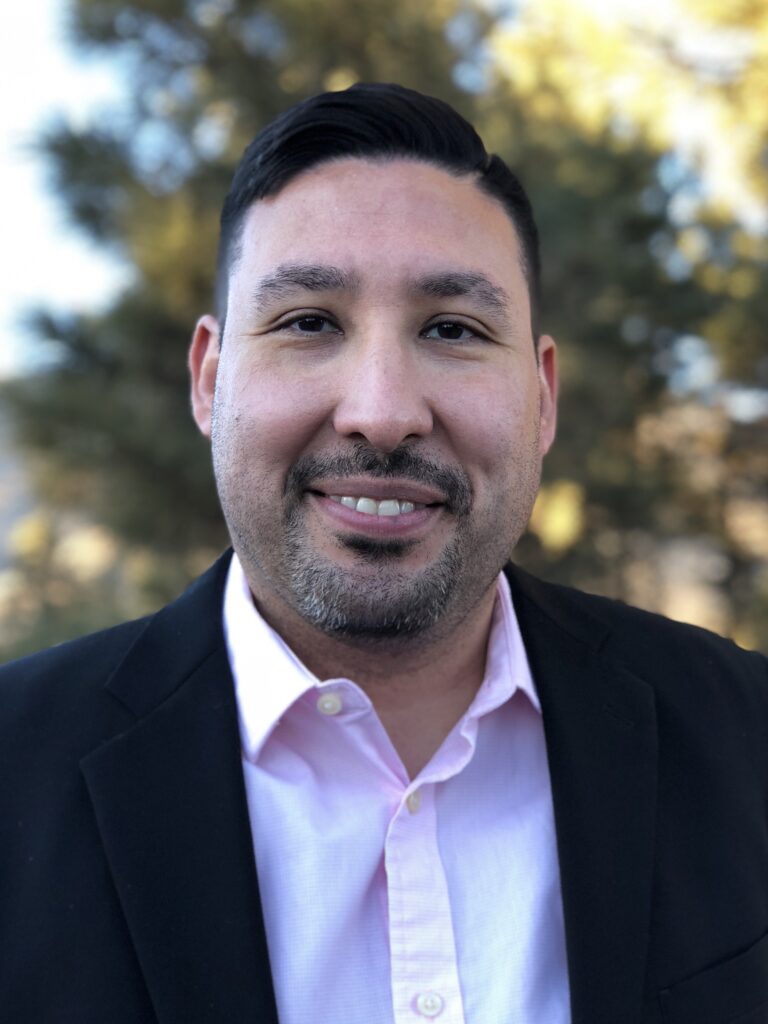

Kanesia McGlashan-Price (Unalaska, Alaska) – Communities like the Unangax̂ rely on traditional foodways in lieu of customary, expensive grocery suppliers. Following the journey of a local subsistence hunter, we learn the realities of food access in the changing Arctic and the values that inform their harvest.
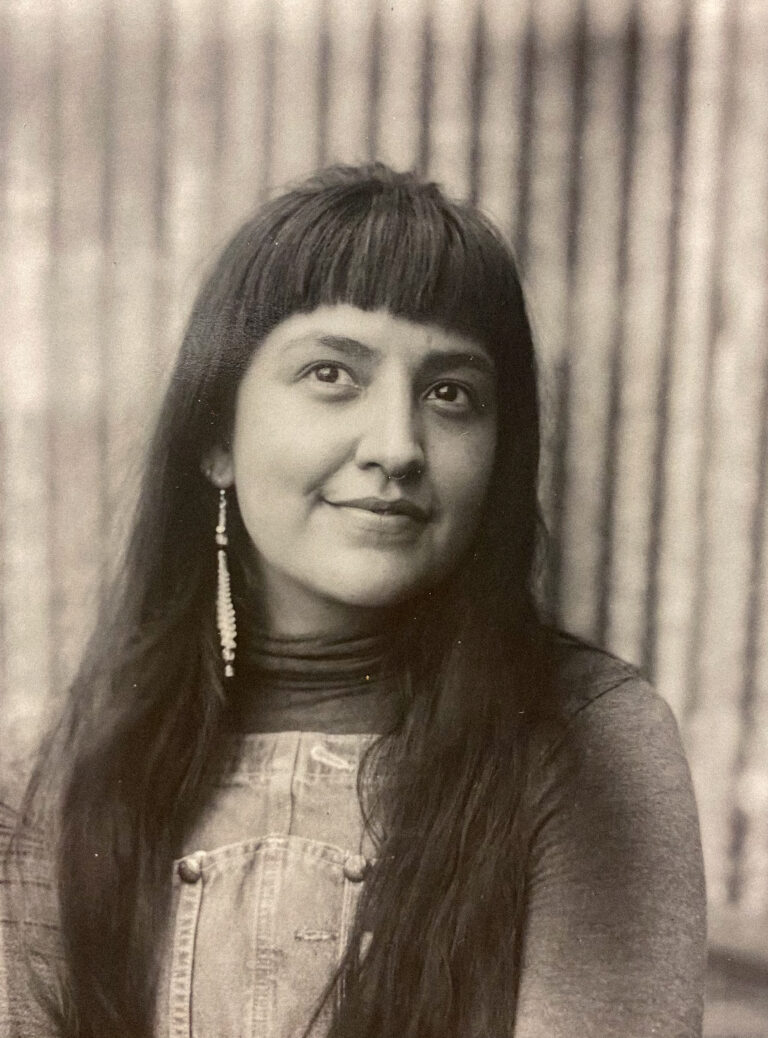
September 29th: Standing the Heat
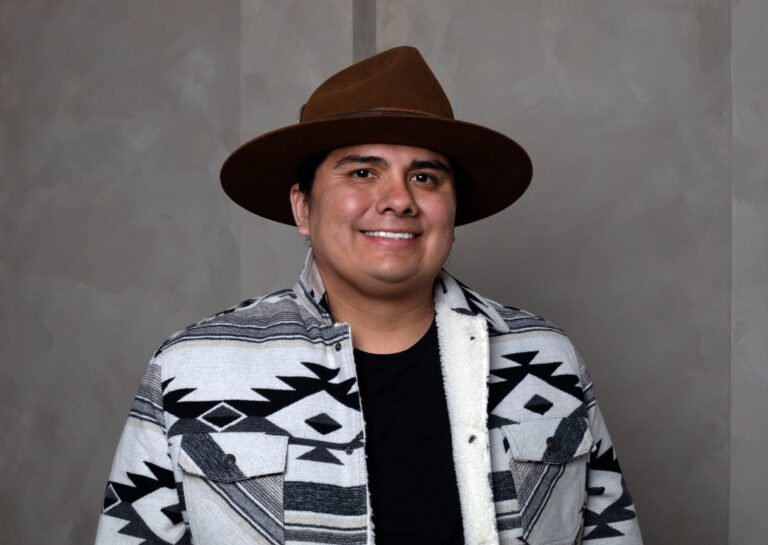
Steven Tallas (Navajo Nation) – In a journey of reconnection, filmmaker Steven Tallas explores the hogan – a small, unassuming traditional structure found across the Navajo Nation. Remaining cool in the summers and warm in the winters, this short film revisits the hogan amidst a warming American southwest.
October 6th: keepers of the coastline

October 13th: Sands of time
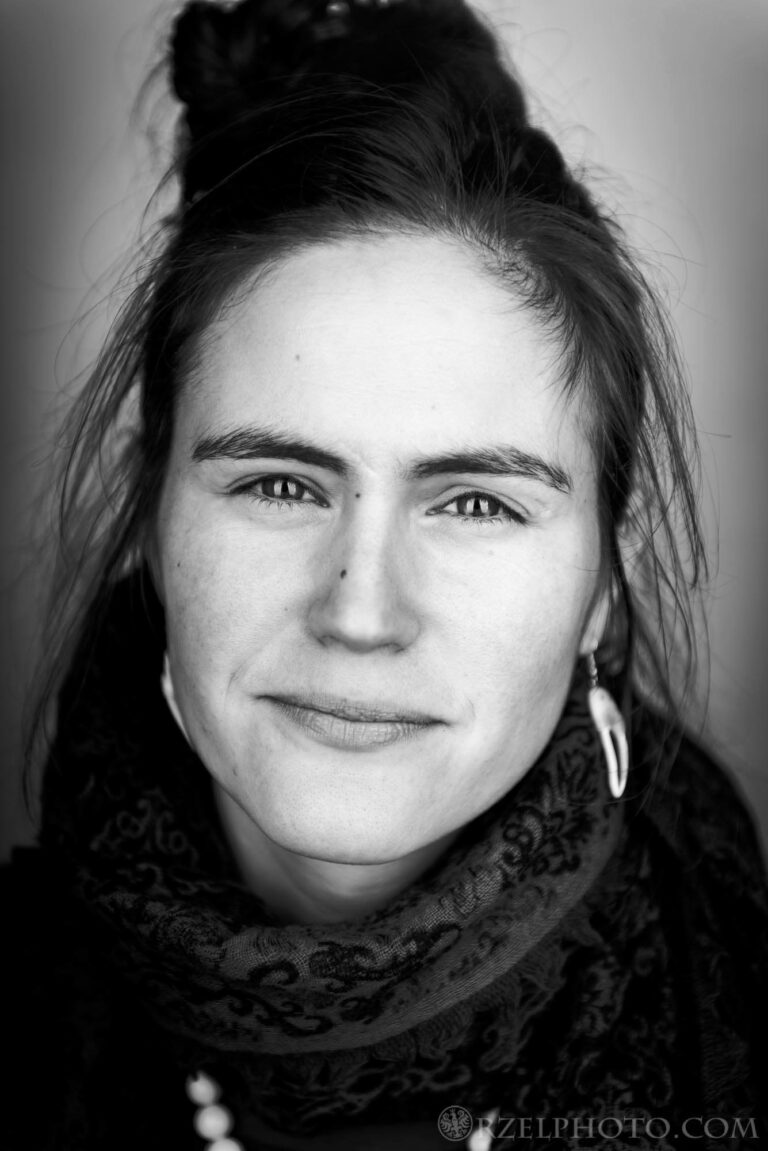
Anna Hoover (Bristol Bay, Alaska) – In an observational survey, this short documentary presents the realities of coastal erosion by witnessing the experience of Bristol Bay community members. Interviews, local archives, and ancestral knowledge put the circumstances in stark relief as we detail the communities’ adjustments to the retreating coastline.
October 20th: Megadrought & indigenous voices
Natives Outdoors (Colorado Plateau) – The Southwestern United States is experiencing a megadrought, but this isn’t the first time people have survived one in the region. By highlighting ideas and practices from Navajo tradition, the story recenters our relationship to water.

